-94%
State-of-the-Art Advancements in Pulmonary and Critical Care Medicine
This comprehensive educational program delves into the latest breakthroughs and updates in pulmonary and critical care medicine, addressing a wide array of conditions and complexities encountered in clinical practice.
Cutting-Edge Topics and Updates
Participants will engage with renowned experts in the field, gaining invaluable insights into:
-
COVID-19 and Post-COVID-19 Care: Comprehensive strategies for managing the evolution and aftermath of this global pandemic, including innovative treatment interventions and clinical care protocols.
-
High-Flow Oxygen Therapy: Understanding the latest advancements in respiratory failure management, leveraging advanced oxygen delivery techniques to optimize patient outcomes.
-
Lung Microbiome and Health Implications: Exploring the emerging role of the lung microbiome in respiratory health, unlocking new avenues for diagnosis and therapeutic interventions.
-
Occupational and Environmental Lung Disease Assessment: Delving into specialized techniques for diagnosing and treating lung conditions associated with workplace or environmental exposures, ensuring optimal patient care.
-
Interstitial Lung Disease Medication Strategies: Guidance on prescribing medications for ILD patients, tailored to individual patient profiles and disease severity, maximizing treatment effectiveness.
-
Pulmonary Embolism Management: Staying abreast of the latest treatment strategies for pulmonary embolus, including anticoagulation protocols and cutting-edge interventional techniques.
-
End-of-Life Discussions in Critical Care: Facilitating compassionate and informed conversations with patients and families facing end-of-life decisions, empowering informed decision-making during challenging times.
-
Pulmonary Pathology Advancements: Exploring innovative diagnostic methods in pulmonary pathology, including advanced imaging techniques and molecular diagnostics, enabling precise and timely diagnoses.
-
Cystic Fibrosis Treatment Options: Uncovering new therapeutic approaches for cystic fibrosis patients, expanding treatment possibilities and improving long-term prognoses.
-
Thoracic Ultrasound in Critical Care: Mastering the use of thoracic ultrasound, a critical tool in managing critically ill patients, allowing for rapid diagnosis and real-time monitoring.
-
Neurologic and Surgical Emergencies in the Medical ICU: Equipping healthcare professionals with the knowledge and skills to effectively handle complex neurologic and surgical emergencies in the medical ICU, ensuring optimal patient outcomes.
-
Interventional Bronchoscopy Techniques: Exploring state-of-the-art interventional bronchoscopy techniques, enabling precise diagnosis and treatment of respiratory disorders through minimally invasive procedures.
-
Sepsis Treatment Guidelines: Staying up-to-date with the most current guidelines for sepsis management, ensuring adherence to best practices and minimizing infection-related complications.
-
ARDS Treatment Updates: Delving into the latest advances in ARDS management, including innovative therapies and supportive care strategies, improving patient survival rates and reducing long-term consequences.
-
Vaping-Related Lung Disease: Gaining a comprehensive understanding of vaping-related lung disease, including its epidemiology, pathophysiology, and effective management strategies.
-
Asthma and COPD Biologics: Navigating the utilization of the newest biologics in the treatment of asthma and COPD, optimizing disease control and improving patient quality of life.
-
Therapeutic Hypothermia and Post-Cardiac Arrest Prognosis: Evaluating controversies surrounding therapeutic hypothermia and post-cardiac arrest prognosis, empowering decision-making based on the latest evidence.
-
Chronic Cough Management: Implementing new approaches to improve outcomes for patients with unexplained chronic cough, utilizing advanced diagnostic techniques and tailored treatment plans.
-
Pulmonary Nodule Guidelines: Adhering to current guidelines for managing pulmonary nodules, ensuring appropriate surveillance and timely intervention, enhancing patient safety and outcomes.
-
Lung Cancer Therapies: Exploring targeted therapies and immunotherapies for lung cancer patients, unlocking new frontiers in cancer management and improving patient survival rates.
-
Lung Transplantation Decision-Making: Evaluating when to consider lung transplantation for patients with advanced respiratory disease, outlining the indications, contraindications, and patient selection criteria.
-
New IPF Drugs: Staying informed about the newest drugs in IPF treatment, optimizing disease management and improving patient outcomes.
-
Atypical Mycobacterial Diagnostics and Therapy: Delving into expert advice on atypical mycobacterial diagnostics and therapy, ensuring accurate diagnosis and effective treatment of these complex infections.
-
Vasopressors in Septic Shock: Understanding the use of vasopressors in septic shock, optimizing hemodynamic management and reducing the risk of organ dysfunction.
-
New Pulmonary Hypertension Medications: Exploring new drugs and combination therapies for pulmonary hypertension, maximizing treatment effectiveness and improving patient outcomes.
-
Interventional Pulmonology Techniques: Expanding knowledge in advanced techniques in interventional pulmonology, gaining proficiency in minimally invasive procedures for the diagnosis and treatment of respiratory disorders.
-
Sedation, Analgesia, and Early Mobility: Staying abreast of the latest developments in sedation, analgesia, and early mobility in critical care, optimizing patient comfort, reducing complications, and promoting recovery.

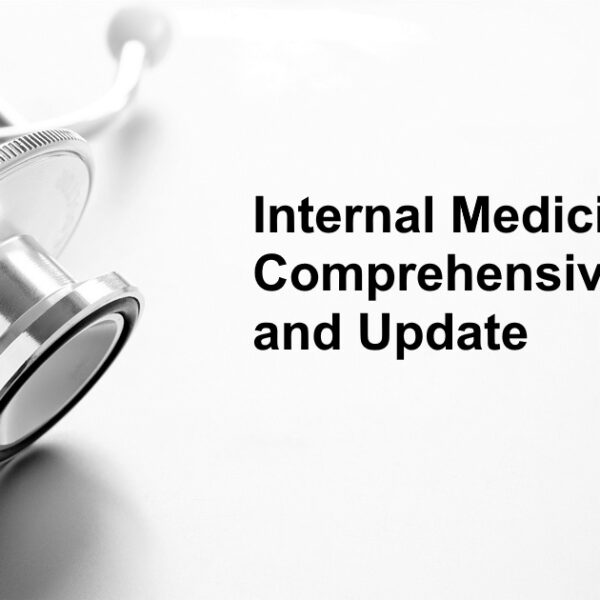

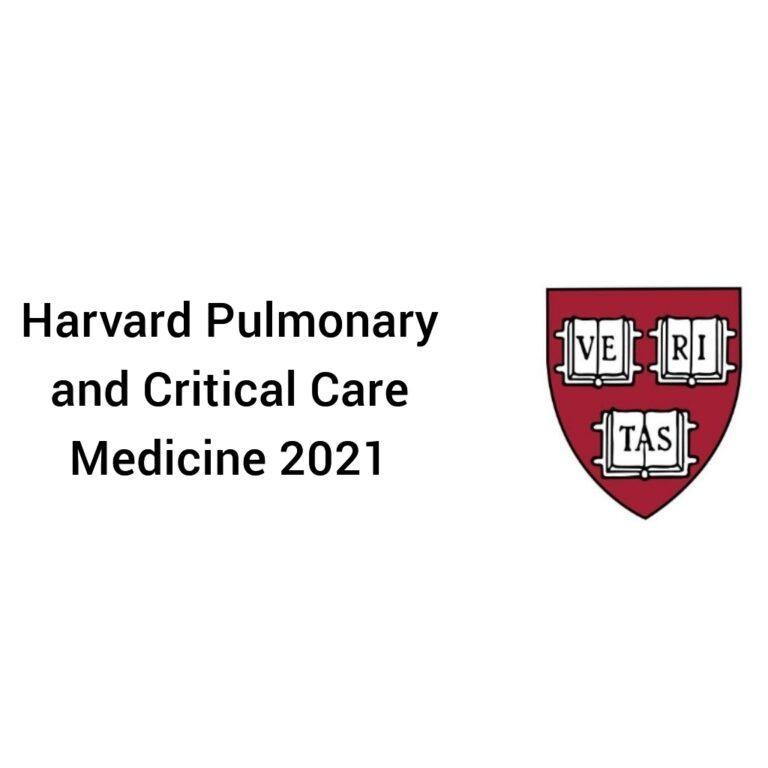
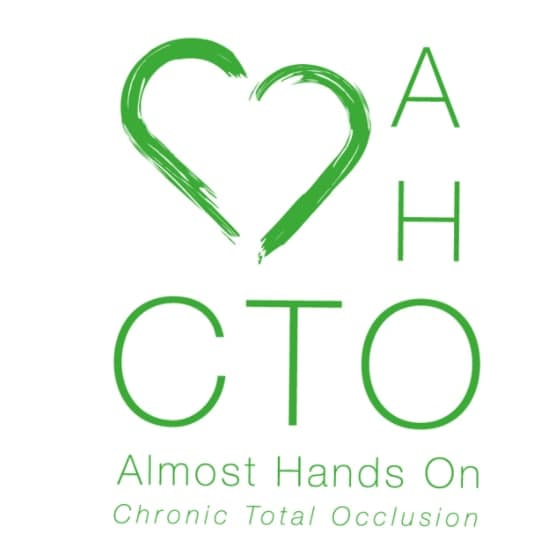



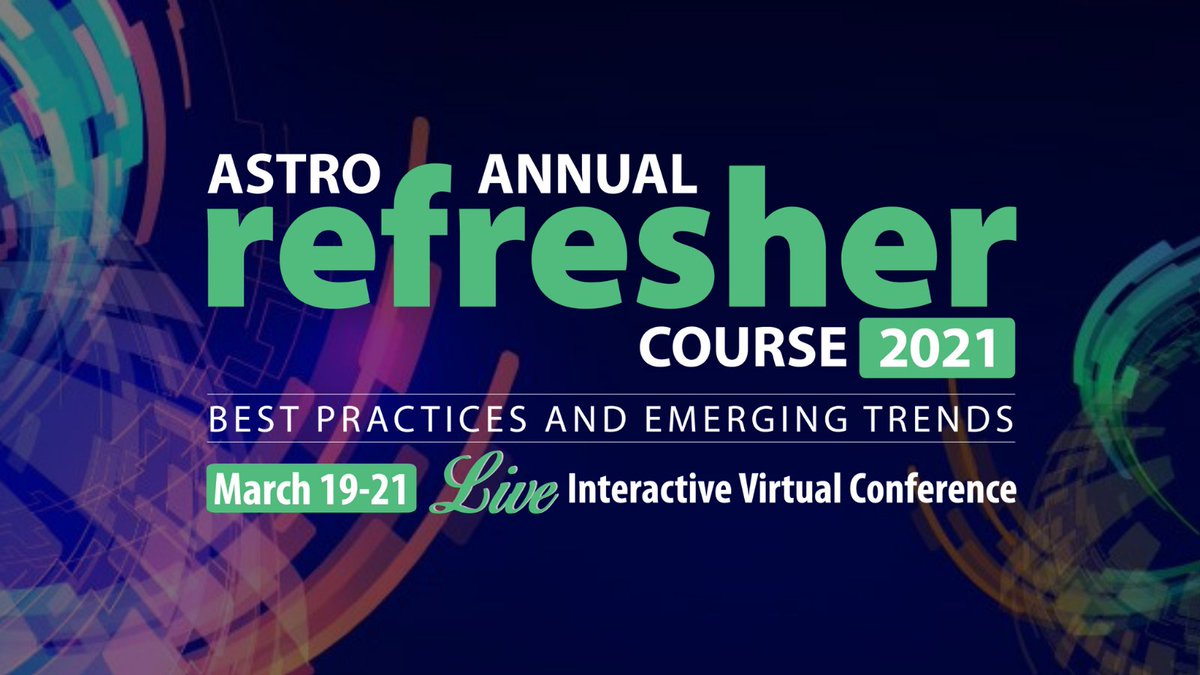
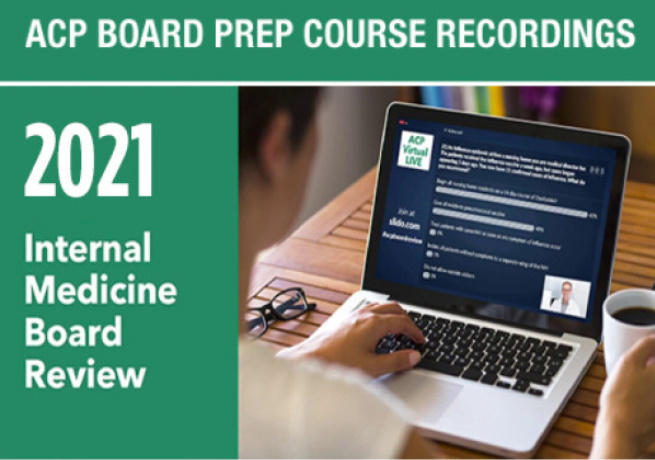
Reviews
Clear filtersThere are no reviews yet.